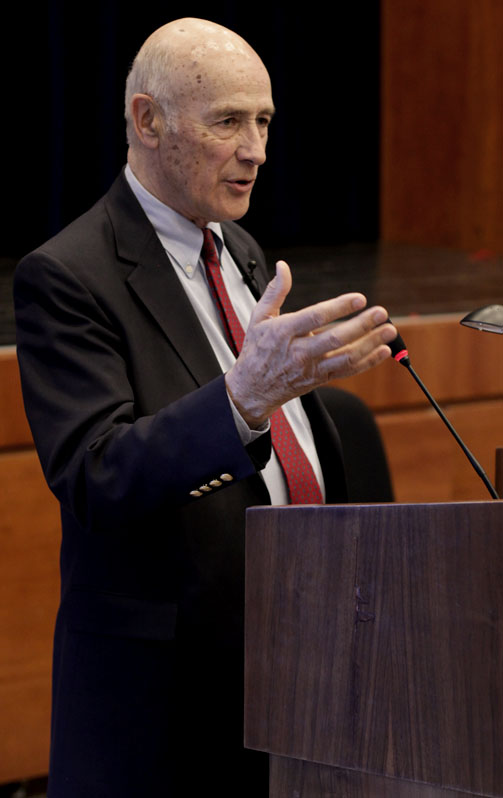

Terrorists know that the only way to undermine a government's popularity is to show its inability to protect its own civilians. have been able to launch devastating attacks on soft targets, causing heavy casualties and destruction. Conversely non state actors, like the Al Qaeda, ISIS, Taliban etc. Vietnam and Afghanistan should offer the US and the Soviet Union valuable lessons. After World War II, there had been many incidents of a military superpower, facing tough resistance from a smaller power, which applies its strengths against the weakness of its enemy, by employing guerilla tactics. After elaborating the different generations of "modern warfare", Joseph Nye asks: what the "future of force" will be like? Military planners are focusing on the development of asymmetric warefare. We may be living in a new era, but our human nature remains the same. History repeats itself one way or another. Against this background, the notion that force alone can transform conflict-riven societies in the Middle East and elsewhere is a dangerous fallacy.Īs long as mankind exists, there will always be aggression and the use of force to settle conflicts, if the parties can't agree on resolving them peacefully. As outgoing US Secretary of Defense Chuck Hagel pointed out in a recent interview, in war, “things can get out of control, and drift and wander” in ways that can cause a military to fall into a more “accelerated” use of force than was initially anticipated.

After the Vietnam War, for example, the United States’ armed forces suppressed what it had learned about counter-insurgency, only to rediscover it the hard way in Iraq and Afghanistan.Īmerica’s military interventions in these countries exemplify another key challenge of modern warfare.

Governments have a very poor track record when it comes to answering this question. The issue we addressed is a critical one: What kind of war should militaries today be preparing to fight? MUNICH – At the World Economic Forum’s recent annual meeting in Davos, I participated in a panel of defense leaders to discuss the future of the military.


 0 kommentar(er)
0 kommentar(er)
